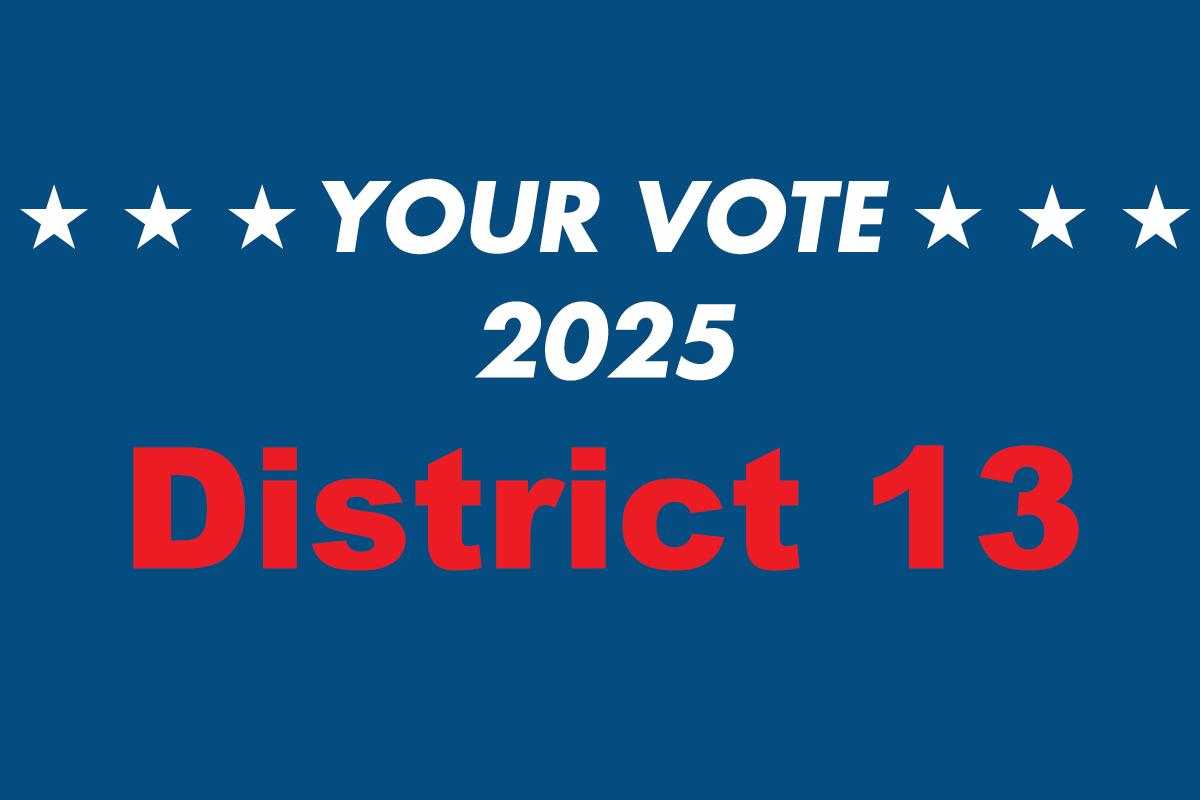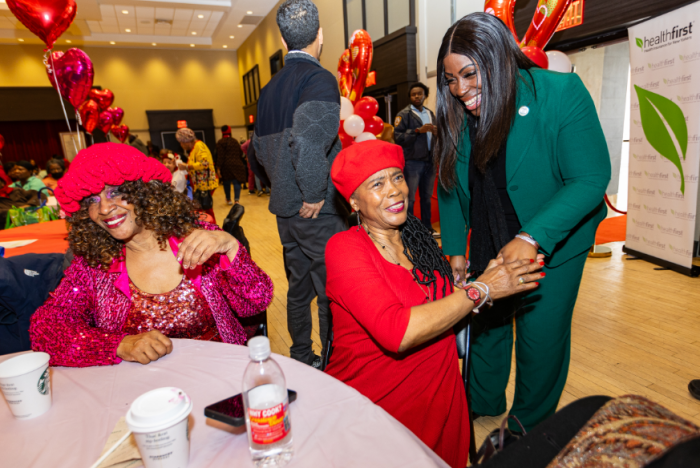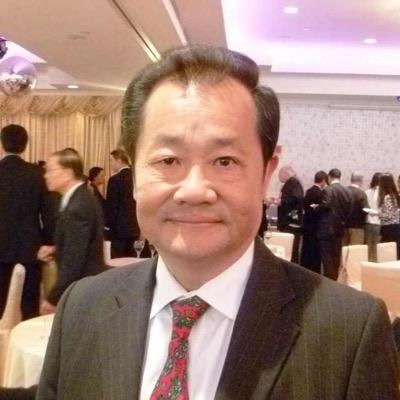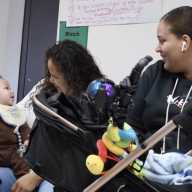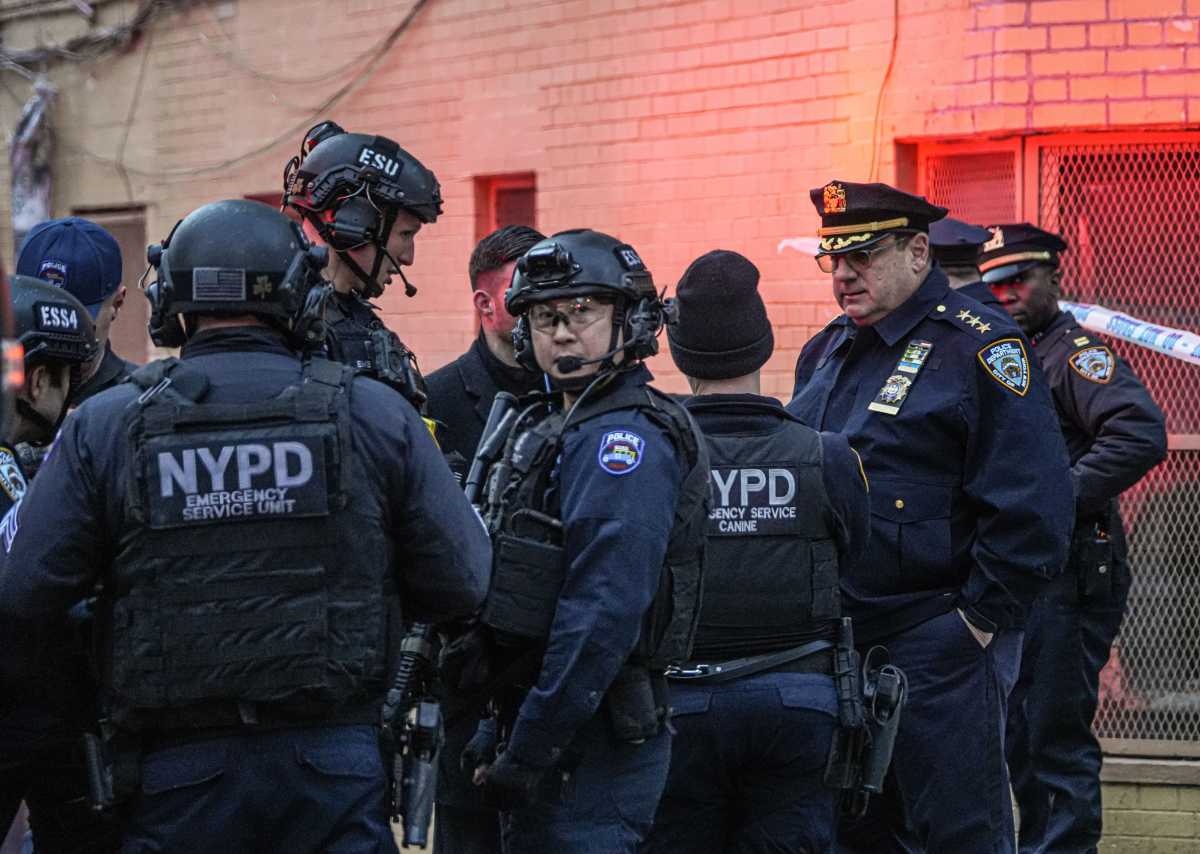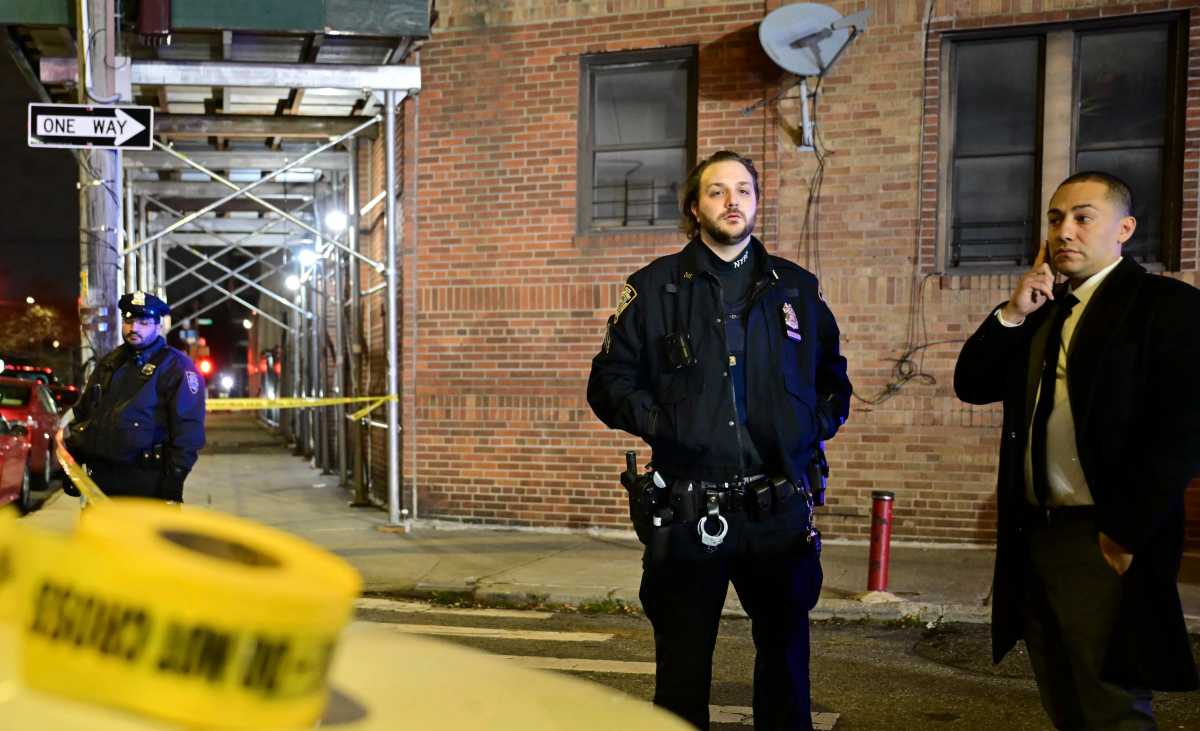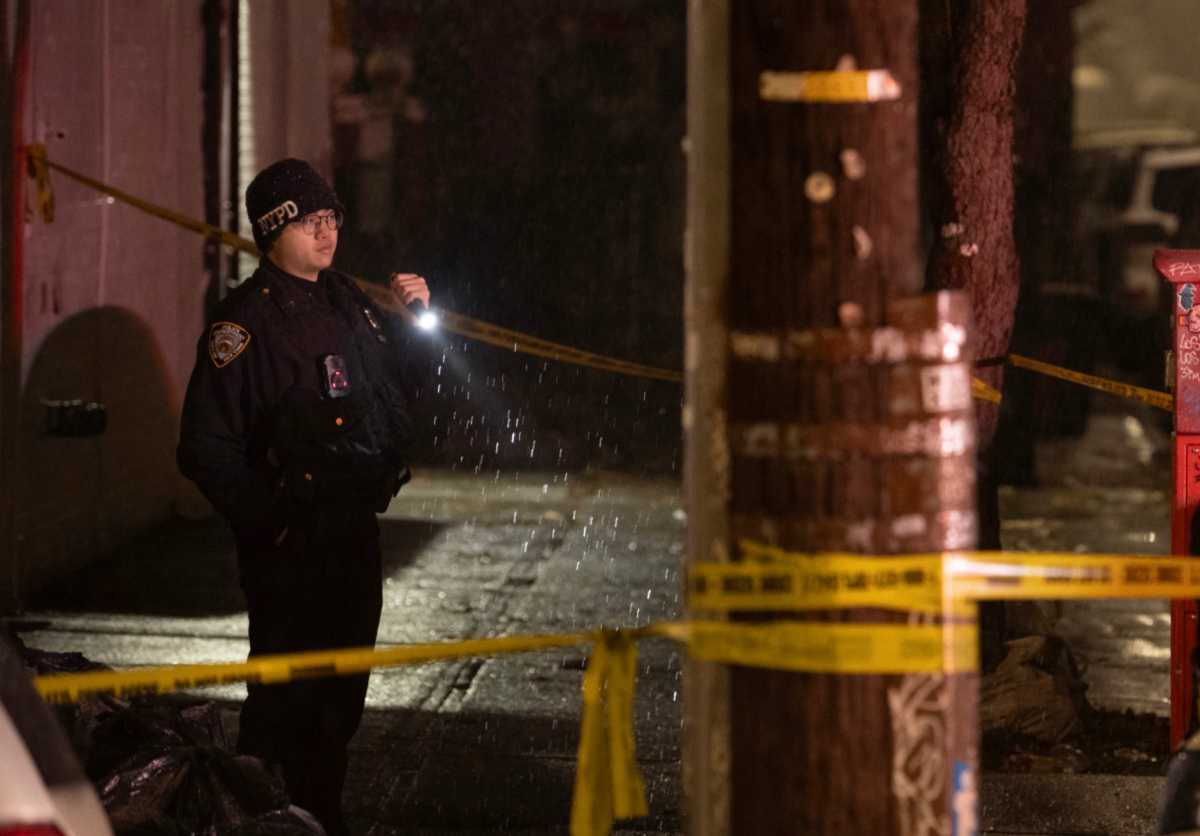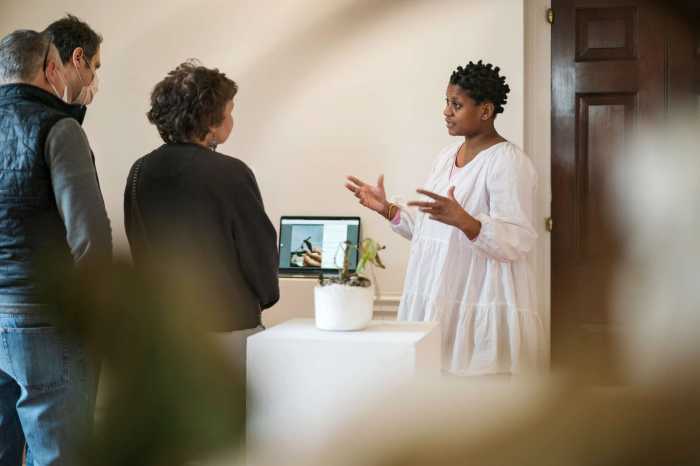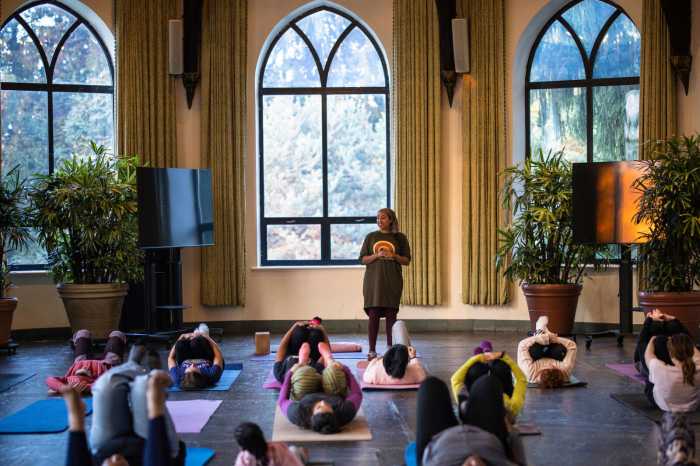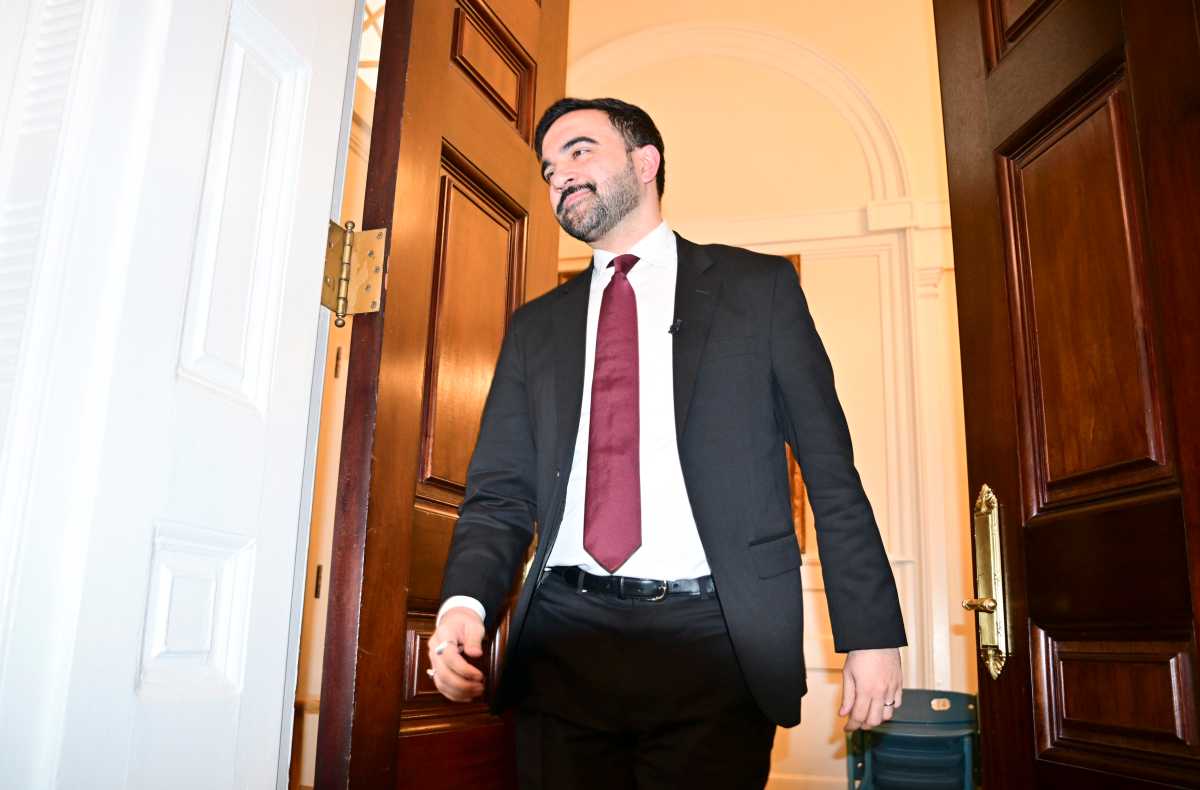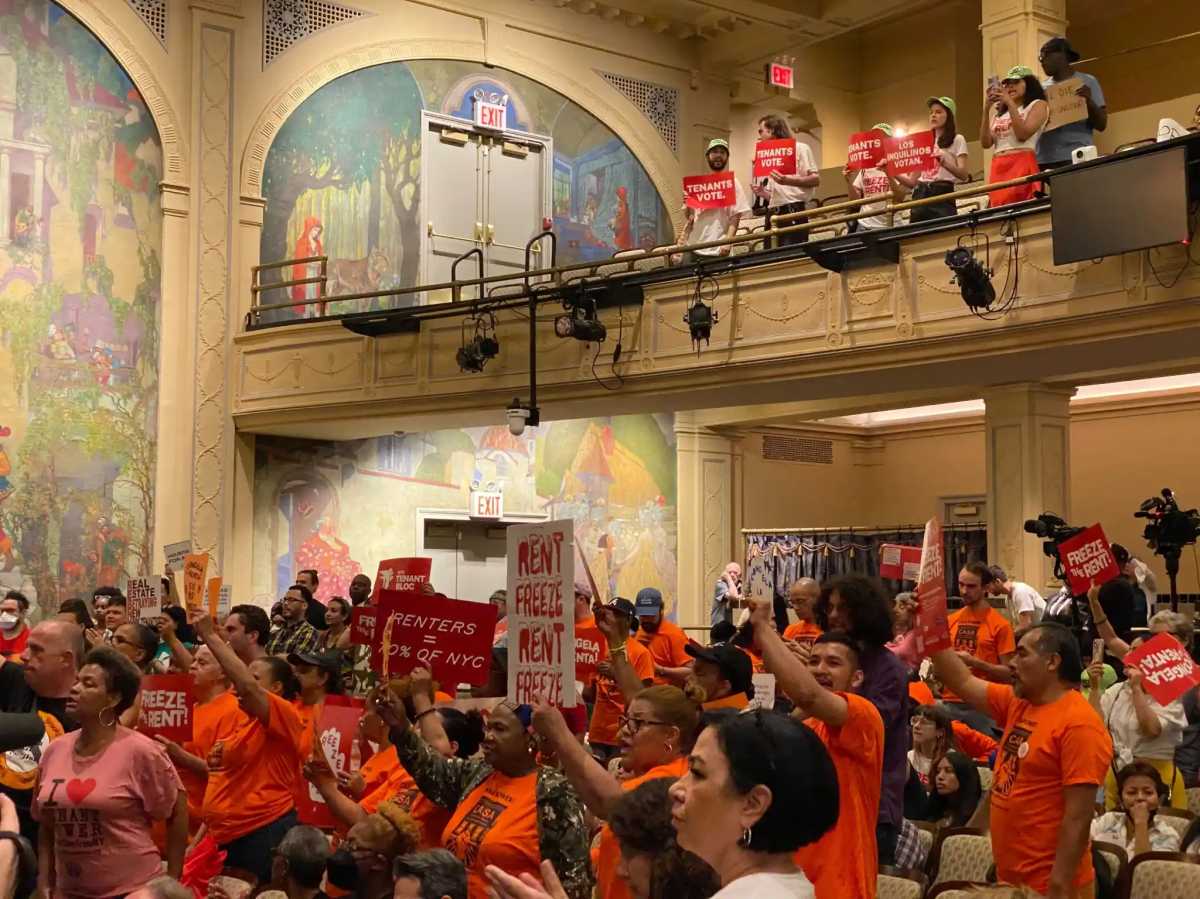Sponsored by AARP

Council Member Kristy Marmorato and Shirley Aldebol, who are both campaigning for the seat in District 13, recently spoke with the news team to discuss their ideas on digital connectivity.
Q: Access to high-speed internet is increasingly necessary for telehealth, online social connections, and accessing essential services. However, approximately 27% of New York City households (around 730,000 homes) lacked a broadband internet subscription as of December 2024. What will you do to expand affordable high-speed internet access for older New Yorkers?
Aldebol: I will advocate for city investment in universal broadband infrastructure and partnerships with providers to expand affordable service options. No senior should be cut off from essential services or their loved ones because of cost or lack of access. Expanding low-cost or free broadband programs is critical to closing the digital divide for older adults and keeping them connected to essential support.
Marmorato: Expanding internet access for seniors is essential to keeping our aging residents connected to telehealth, family, and essential city services. In District 13, I’ve already invested in infrastructure that supports digital access — including $4 million for the City Island Library HVAC renovation and $841,000 for Pelham Parkway Library upgrades, both of which now serve as community tech hubs. Moving forward, I will work with the Department for the Aging and providers to expand accessible internet programs for older New Yorkers and install public Wi-Fi zones in senior centers, NYCHA developments, and libraries. I will also hold agencies accountable to ensure every dollar dedicated to expanding internet access goes to neighborhoods that need it most, not lost in inefficiency.
Q: What policies or programs are in place or being developed to improve digital access and literacy among older residents, ensuring they can stay connected and access essential services online?
Aldebol: I will advocate for city investment in universal broadband infrastructure and partnerships with providers to expand affordable service options. No senior should be cut off from essential services or their loved ones because of cost or lack of access. Expanding low-cost or free broadband programs is critical to closing the digital divide for older adults and keeping them connected to essential support.
Marmorato: Improving digital literacy among seniors is key to bridging a gap. I’ve already dedicated $420,000 to senior services and programming across District 13, and I plan to expand this to include hands-on technology workshops at our senior centers and libraries, where older residents can learn to use smartphones, telehealth platforms, and online tools safely. I will continue to partner with local schools and youth programs to create tech mentoring sessions, allowing us to teach seniors basic digital skills while fostering connection across generations. My focus will remain on accountability — making sure that city resources for digital education truly reach our seniors and aren’t wasted on administrative costs.
Q: What steps are being taken to ensure that city services, healthcare, and social programs are accessible to seniors through digital platforms, especially for those with limited technology experience?
Aldebol: City agencies should work to make all digital platforms simple and accessible while also maintaining in-person and phone-based options for seniors who don’t have access to the internet or have limited technology experience. I will push for clear design standards, multilingual access, and built-in support for seniors navigating online portals. Accessibility means ensuring no one is left behind as more services move online.
Marmorato: To make city services and healthcare more accessible online for older adults, I will expand access points in community hubs where seniors already feel comfortable. Building on our investments in libraries and community centers, we can look to create Digital Help Desks for Seniors within these spaces, where staff can assist with telehealth appointments, benefits applications, and city service navigation. My office will continue working with agencies to ensure all digital platforms are senior-friendly, accessible, and easy to use, with clear layouts and tech support. I will also advocate for continued investments that bring digital access, education, and resources directly into the neighborhoods where our seniors live — keeping District 13’s commitment to accessibility, transparency, and community-based service delivery front and center.

